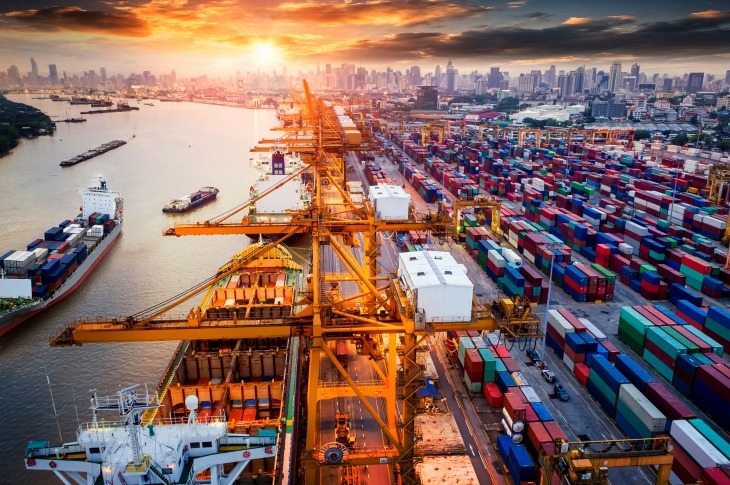In the rapidly evolving landscape of modern business, the importance of efficient delivery systems cannot be overstated. As companies expand globally and consumers demand ever-faster delivery times, the traditional methods of shipping goods are no longer sufficient. Enter the era of Efficiency Evolved, where businesses are transforming their delivery processes to meet the demands of tomorrow’s market. At the heart of this transformation is technology. Advanced algorithms and data analytics are revolutionizing the way companies manage their supply chains. Predictive analytics, for example, allows businesses to anticipate demand and optimize their inventory levels, reducing the risk of overstocking or stockouts. Real-time tracking systems provide visibility throughout the entire delivery process, allowing companies to monitor shipments from the warehouse to the customer’s doorstep. This level of transparency not only improves customer satisfaction but also enables businesses to quickly identify and address any issues that may arise. In addition to technology, Efficiency Evolved relies heavily on automation.

Automated warehouses, equipped with robotics and artificial intelligence, are streamlining the picking, packing, and shipping processes. By automating these tasks, companies can significantly reduce errors and labor costs while increasing the speed and efficiency of their operations. Furthermore, autonomous delivery vehicles, such as drones and self-driving trucks, are becoming increasingly common, offering faster and more cost-effective delivery options, especially in densely populated urban areas. However, Efficiency Evolved is not just about embracing new technologies; it is also about optimizing existing resources. Collaborative delivery networks, for instance, allow multiple companies to share transportation and distribution networks, reducing empty miles and minimizing environmental impact. By pooling their resources, businesses can achieve economies of scale and offer more competitive shipping rates to their customers. Furthermore, smart routing algorithms can optimize delivery routes based on factors such as traffic conditions, weather forecasts, and package sizes, further reducing delivery times and costs. Another key aspect of Efficiency Evolved is sustainability. With growing concerns about climate change and environmental degradation, businesses are under increasing pressure to minimize their carbon footprint.
Electric freight and logistics companies vehicles, powered by renewable energy sources, are rapidly replacing traditional fossil-fuel vehicles in delivery fleets, reducing greenhouse gas emissions and air pollution. Furthermore, companies are exploring alternative packaging materials, such as biodegradable plastics and recycled cardboard, to reduce waste and minimize environmental impact. By prioritizing sustainability, businesses can not only appeal to eco-conscious consumers but also reduce costs in the long run by minimizing waste and avoiding fines for environmental violations. Ultimately, Efficiency Evolved is about more than just delivering goods; it is about delivering value. By embracing technology, automation, collaboration, and sustainability, businesses can streamline their operations, reduce costs, and improve customer satisfaction. Whether it is same-day delivery of online orders or just-in-time inventory management for brick-and-mortar stores, Efficiency Evolved enables businesses to stay competitive in an increasingly fast-paced and demanding market. However, the journey towards efficiency is ongoing, and businesses must continuously innovate and adapt to stay ahead of the curve.